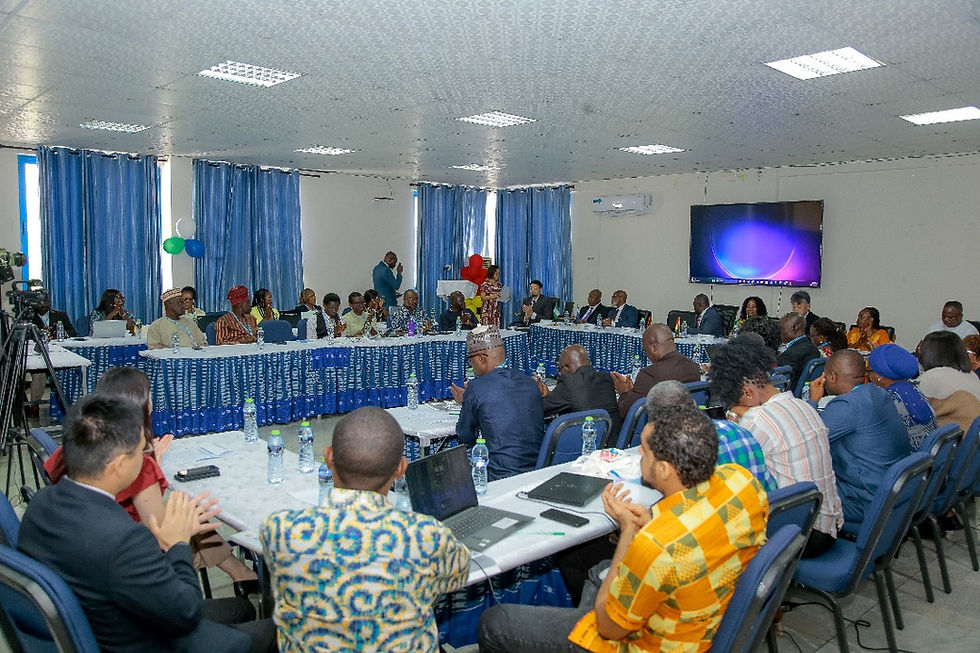GII outlines civil society's role in fight against corruption in Ghana
- Think News Online
- May 8, 2024
- 2 min read

Executive Secretary of the Ghana Integrity Initiative (GII), Mary Addah has emphasized the pivotal role of non-state actors in combating of corruption in Ghana.
She noted that, in the relentless battle against corruption, civil society organizations stand at the forefront, wielding advocacy, awareness campaigns, and strategic litigation as their tools of choice.
She highlighted the symbiotic relationship between civil society and government agencies, acknowledging that while government leads anti-corruption efforts, the indispensable contributions of non-state actors are instrumental in achieving lasting progress.
She underscored the need for collaboration and coordination, emphasizing that civil society's independence is not compromised in the pursuit of common goals.
The evolution of civil society from disparate entities to organized structures across Africa has been marked by diverse functions, including service delivery, governance promotion, and advocacy.
Mary Addah emphasized the critical role of evidence-based research in informing advocacy efforts, citing initiatives such as the Corruption Perception Index (CPI) and the Global Corruption Barometer (GCB) as indispensable tools in shaping policy discourse.
Drawing on recent examples from Ghana, Madam addah highlighted civil society's proactive stance in challenging governmental decisions perceived as detrimental to the public interest.
From legal battles to grassroots mobilization, civil society has demonstrated resilience and determination in holding power to account.
Legislative reforms, such as the establishment of the Office of the Special Prosecutor and advancements in beneficial ownership transparency, reflect civil society's influence on policy-making processes.
Madam Addah acknowledged ongoing challenges, including the need for stronger enforcement mechanisms and comprehensive campaign finance regulations to curb electoral corruption.
In the realm of public awareness and sensitization, civil society has leveraged innovative platforms, such as mobile apps and social auditing clubs, to empower citizens in the fight against corruption.
Mary Addah emphasized the importance of inclusivity, ensuring that marginalized communities are not left behind in the pursuit of transparency and accountability.
Looking ahead, Madam Addah emphasized the continued relevance of civil society in shaping a future free from corruption.
She called for sustained collaboration between civil society and governmental agencies, harnessing the power of technology and innovation to maximize impact in the fight against corruption.
As civil society organizations across the Commonwealth unite in their commitment to transparency and integrity, the road ahead may be challenging, but the collective resolve to combat corruption remains unwavering.
Story by: Joshua Kwabena Smith








Comments